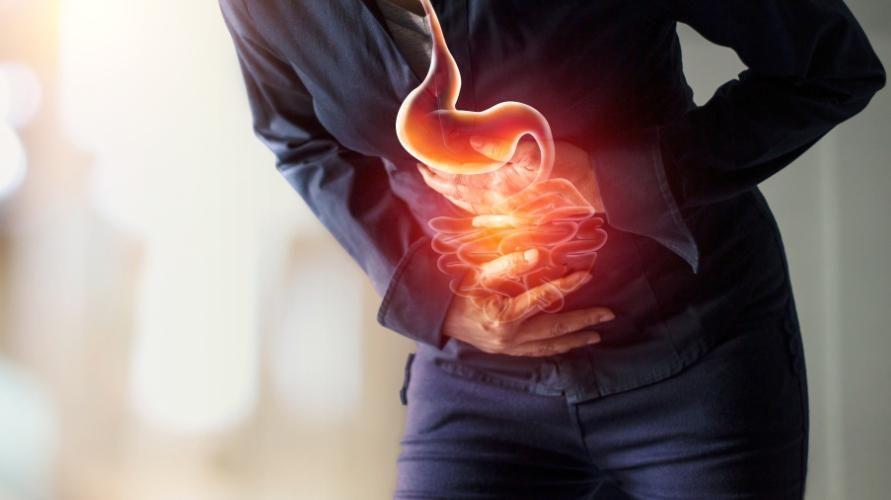What is About Gastritis? Gastritis, as any medical book describes, is inflammation of the lining of the stomach. The term itself comes from the Greek terms gastro- which literally means stomach, and -itis which means inflammation. This condition can manifest itself or as a symptom of an underlying medical condition. It may appear out of nowhere or develop slowly over time.

What causes gastritis?
Gastritis usually develops when the protective lining of the stomach becomes overwhelmed or damaged. Without this mucus layer to protect the stomach wall, digestive acids can then irritate and inflame your stomach lining. Many factors can trigger gastritis, including:
1. Bacterial infection. Helicobacter pylori bacteria can cause gastritis. Although it is said that everyone is infected with this type of bacteria, the vast majority of those infected do not show any complications.
2. Drugs. Aspirin, ibuprofen, naproxen, and other nonsteroidal inflammatory drugs can reduce a key substance that helps protect the stomach.
3. Alcohol. Alcohol can irritate and erode the lining of the stomach, making the stomach more susceptible to gastric juices.
4. Bile reflux disorders. Bile, which is removed from the gallbladder, is supposed to enter the small intestine through a series of small tubes. The pyloric valve prevents bile from flowing into the stomach from the intestines. If the pyloric valve is not functioning, bile can flow into the stomach, causing irritation of the stomach lining.
5. Autoimmune deficiency. The body itself attacks the cells that make up the lining of the stomach.
6. Other diseases. Gastritis may be associated with other medical conditions, including: HIV/AIDS, Crohn's disease, parasitic infections, certain connective tissue disorders, and liver or kidney failure.
What are the signs and symptoms of an ulcer?
The following symptoms listed may be a result of gastritis or an underlying medical condition causing gastritis:
1. A gnawing or burning pain or tenderness (indigestion) in your upper stomach that may get worse or better when you eat.
2. Nausea and vomiting.
3. Fever.
4. Loss of appetite.
5. Burping or bloating.
6. A feeling of fullness in the upper stomach after eating.
7. Weight loss.
8. Gastric bleeding.
9. Lethargy.
Acute gastritis, or gastritis that occurs suddenly, usually results in a combination of nausea and burning pain or discomfort in the upper abdominal area. On the other hand, chronic gastritis, which develops over time, is more likely to cause dull pain and a feeling of fullness or loss of appetite after a few bites of food.
Also Read My Article:
مشاهدة فيلم ا ق Sonic 2 (2022) ترجمة إلى اللغة العربية
مشاهدة فيلم ا قMorbius (2022) ترجمة إلى اللغة العربية
How is gastritis treated?
Treatment depends on the severity and cause of the gastritis. Gastritis caused by drugs or alcohol consumption can be prevented only by limiting, if not stopping, the use of these substances. Certain drugs are also prescribed to treat helicobacter pylori bacterial infection, fight stomach acid, reduce the manifestation of certain symptoms, and promote healing of the stomach lining. These medications include antacids, acid blockers, and drugs designed to block the action of acid-secreting cells.
What complications may arise from gastritis?
If left untreated, gastritis can lead to more severe medical complications such as heartburn and stomach bleeding. Some forms of chronic gastritis can even increase the risk of developing stomach cancer, especially if the stomach lining becomes too thin or there have been changes to the lining cells.
We can't always help getting sick or infected by this kind of medical condition. But taking precautions can help reduce the burden of having gastritis. A balanced diet, or balanced and proportionate portions of food can help relieve the effects of stomach acid. Limiting alcohol intake or changing brands of pain relievers can reduce stomach lining irritation. Lastly, following your doctor's advice can help you get rid of gastritis faster.
